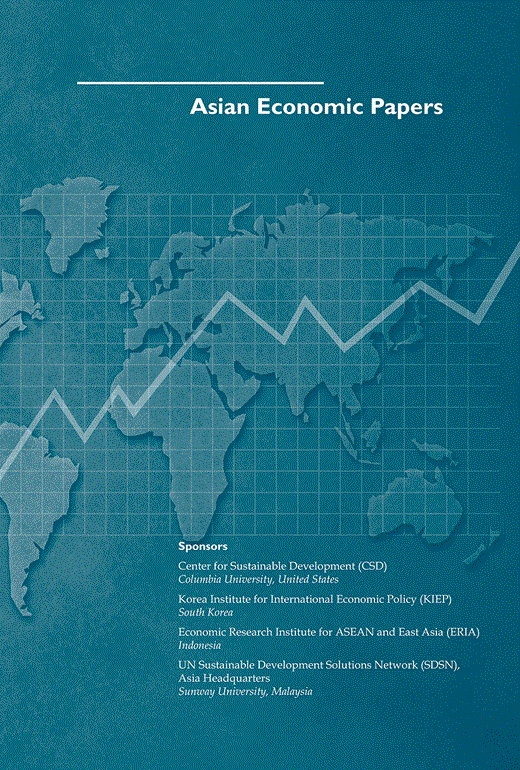苗张评新冠肺炎:马来西亚的经验与教训
IF 5.3
3区 经济学
Q1 ECONOMICS
引用次数: 0
摘要
厦门大学张苗:截至2020年11月25日,马来西亚共报告60752例新冠肺炎确诊病例。第一波(1月25日至2月16日)和第二波(2月27日至6月30日)共有10219人感染。自9月25日以来,第三波和第三波确诊病例数最高(50533例)。尽管马来西亚政府在早期阶段对疫情的管理相对较好,但最近感染人数的突然上升加剧了马来西亚政府实施更有效措施以遏制当前疫情的紧迫性。尽管政府在管理公共卫生危机方面面临巨大挑战,但它也必须努力在失去生命和失去生计之间取得平衡,这对马来西亚相对较小和开放的经济来说尤其重要。本文章由计算机程序翻译,如有差异,请以英文原文为准。
Miao Zhang Comment on COVID-19: Malaysia Experience and Key Lessons
Miao Zhang, Xiamen University: As of 25 November 2020, Malaysia has reported a total of 60,752 confirmed cases of COVID-19. The first wave (from 25 January to 16 February) and second wave (from 27 February to 30 June) saw a total of 10,219 infections. The highest number of confirmed cases (50,533) was recorded in the current and third wave, which had been occurring since 25 September. Despite its relatively good management of the pandemic in the early stages, this sudden rise in the number of infections recently has sharpened the urgency for the Malaysian government to enforce more effective measures to level the current wave of the pandemic. While the government faces great challenges in managing the public health crisis, it must also try to strike a balance between lost lives and lost livelihoods, which is especially pertinent for the relatively small and open economy of Malaysia.
求助全文
通过发布文献求助,成功后即可免费获取论文全文。
去求助
来源期刊

Asian Economic Papers
ECONOMICS-
CiteScore
7.50
自引率
0.00%
发文量
16
期刊介绍:
The journal Asian Economic Papers (AEP) is supported by several prominent institutions, including the Center for Sustainable Development at Columbia University in the United States. This shows that there is a strong emphasis on sustainable development within the journal's scope. Additionally, the Korea Institute for International Economic Policy in South Korea, the UN Sustainable Development Solutions Network (SDSN) in Malaysia, and the Economic Research Institute for ASEAN and East Asia in Indonesia also sponsor AEP. The articles published in AEP focus on conducting thorough and rigorous analyses of significant economic issues pertaining to specific Asian economies or the broader Asian region. The aim is to gain a deeper understanding of these issues and provide innovative solutions. By offering creative solutions to economic challenges, AEP contributes to the discourse and policymaking that impact the Asian economies and region as a whole.
 求助内容:
求助内容: 应助结果提醒方式:
应助结果提醒方式:


